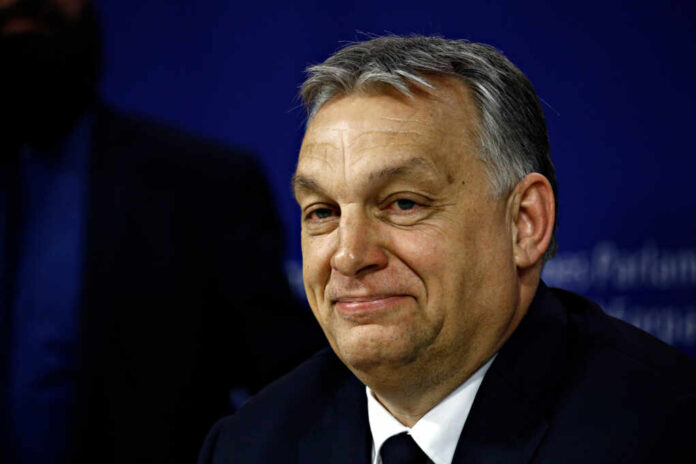
The European Union is struggling to pass a €50 billion aid package for Ukraine, thanks to Hungarian Prime Minister Viktor Orbán. In response, E.U. leaders have drawn up a potential plan to financially sabotage the country, should Orbán refuse to allow the package through.
Orbán has given numerous reasons why he doesn’t wish to send more financial aid to Ukraine. Not only does he object to pulling money from E.U. countries to fund Ukraine, which is not part of the union, he also feels that working towards peace talks would be more beneficial than funding the war further.
In a document shown to the Financial Times, E.U. bureaucrats suggest that “in the case of no agreement in the February 1 [E.U. summit], other heads of state and government would publicly declare that in the light of the unconstructive behavior of the Hungarian PM” the country would no longer receive its share of E.U. funding.
It also suggests that “financial markets and European and international companies might be less interested [in investing] in Hungary,” which would likely lead to devastating effects on the country’s economy. These thinly veiled threats don’t bode well for Hungary.
Orbán has reacted to the plan with frustration after having his proposed compromises rejected by the E.U. He states that Hungary will not give in to blackmail.
We made a compromise proposal. In return, we were blackmailed by Brussels. The #Brussels blackmail manual was published in the @FT earlier this week. The cat is out of the bag. Forget about the rule of law, Hungary is blackmailed for having a it’s own opinion on #migration, the…
— Orbán Viktor (@PM_ViktorOrban) January 30, 2024
The E.U. has also threatened to silence Hungary entirely, taking advantage of Article Seven of the organization’s treaty.
Article seven allows the E.U. to suspend voting rights of a country that “seriously and persistently breaches the principles on which the E.U. is founded.” These principles are listed as “respect for human dignity, freedom, democracy, equality, the rule of law and respect for fundamental rights.”
The E.U., instead, seems to interpret the principles of the E.U. as having a far-left agenda and an interest in funding wars, which the Hungarian Prime Minister certainly has breached.
The fact that the E.U. is willing to silence and sabotage members for speaking out against wars doesn’t bode well for the organization’s future. Russia’s conflict with Ukraine is sowing the seeds of conflict within this so-called “union” of countries.




























